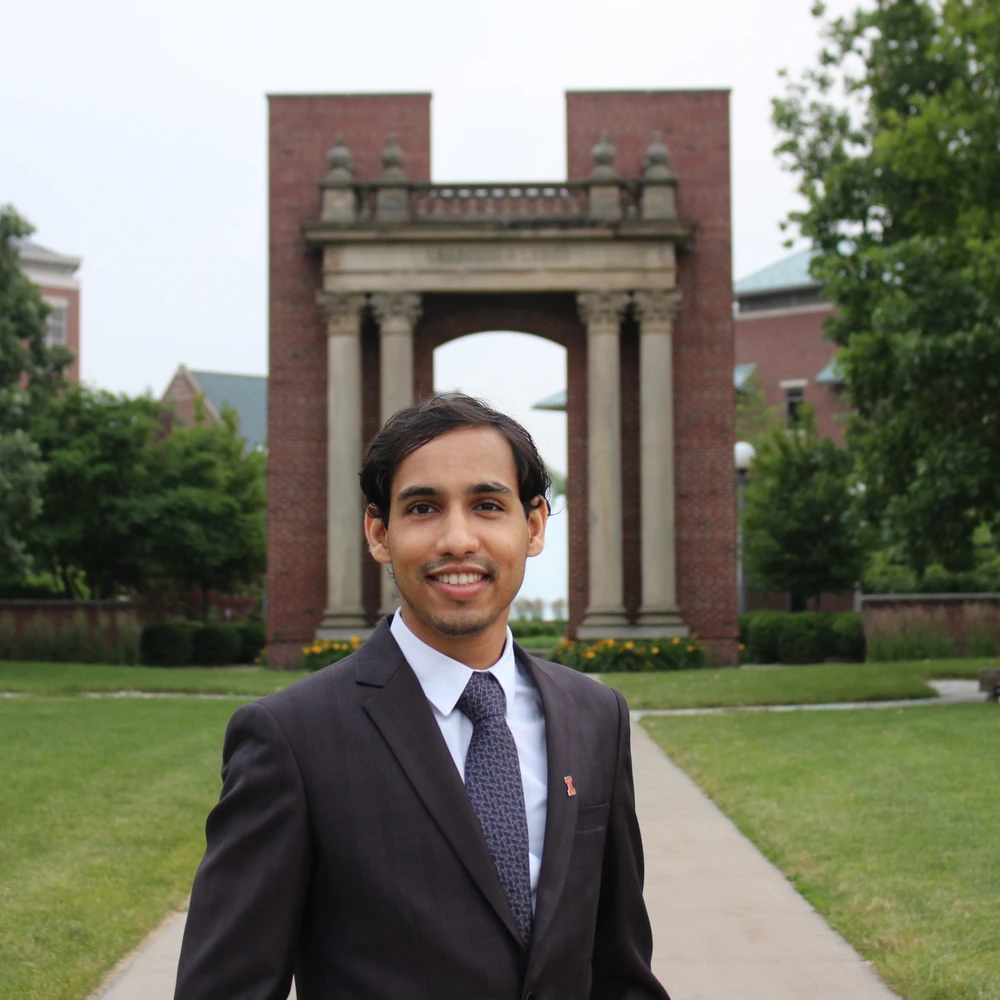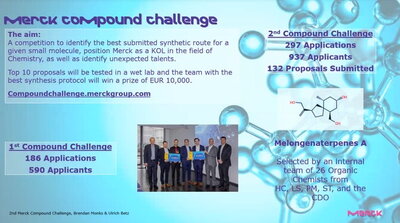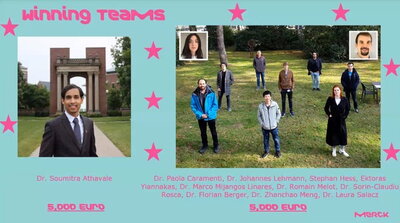
Competing as a one-person team, Alumnus Soumitra Athavale (PhD, ’19, Denmark) has finished first in a field of 132 teams in the latest Merck Compound Challenge, a 96-hour global race to identify the best synthetic route for a given small molecule.
Merck officials announced on Nov. 30, 2020, that Athavale was a co-winner of the competition along with a 10-person team from the Max Planck Institute in Mulheim, Germany. They will split the EUR 10,000 prize.

Athavale, who is now a postdoctoral scholar at the California Institute of Technology, said the participating teams were challenged with the small molecule structure, Melangenoterpenes A and had 96 hours to come up with a retrosynthesis with experimental details. The competition determines the best submitted synthetic route by the number of synthesis steps, obtained yield and achieved purity. The top 10 highest-scoring teams were selected to participate in the synthesis phase of the challenge, in which the routes are tested in a wet lab.
Athavale said that’s when the experimental protocols described in the initial submission really mattered.

“The synthesis was done in a single shot by following these protocols without any optimization. The route that went furthest towards the target was to be declared as the winner,” he said.
Athavale said his route and the other winning team’s route were nearly identical and included a Diels-Alder reaction as the strategic disconnection.
“Neither route made it to the end, but the key step, which rapidly accesses the spirocyclic framework was successful in both cases,” he said.
In the award ceremony, the winning teams presented their routes and any proposed modifications.
“This was a tremendous experience for me - the kind of test which I guess all organic chemists yearn for,” Athavale said. “The fact that I could compete successfully at the highest level has been incredibly satisfying and boosted my confidence.”
He gave credit to the mentorship and training he received in the Denmark Group, especially the “Molecule of the Month” events in October, when the research group is divided into three teams, given the structure of a recently reported complex natural product and challenged to come up with a retrosynthetic route to the target molecule and present their solutions.
“This is a critical aspect of organic chemistry training and provides a rigorous exercise in identifying the constituents of a good synthetic plan,” Athavale said. “Every year, I used to be very excited about this event and this recurring experience no doubt proved invaluable in coming up with a competent proposal in the Merck Challenge.”
Professor Denmark added, “Soumitra was the kind of student who made the most of every learning experience. He very much enjoyed participating in the ‘Molecule of the Month’ competitions and it came as no surprise that his team won the year that he served as captain.”
Merck KGaA, Darmstadt, Germany does not attempt to commercialize any of the submitted synthetic routes.
Read more about Athavale and his research in Denmark's Group, including the Soai Reaction.